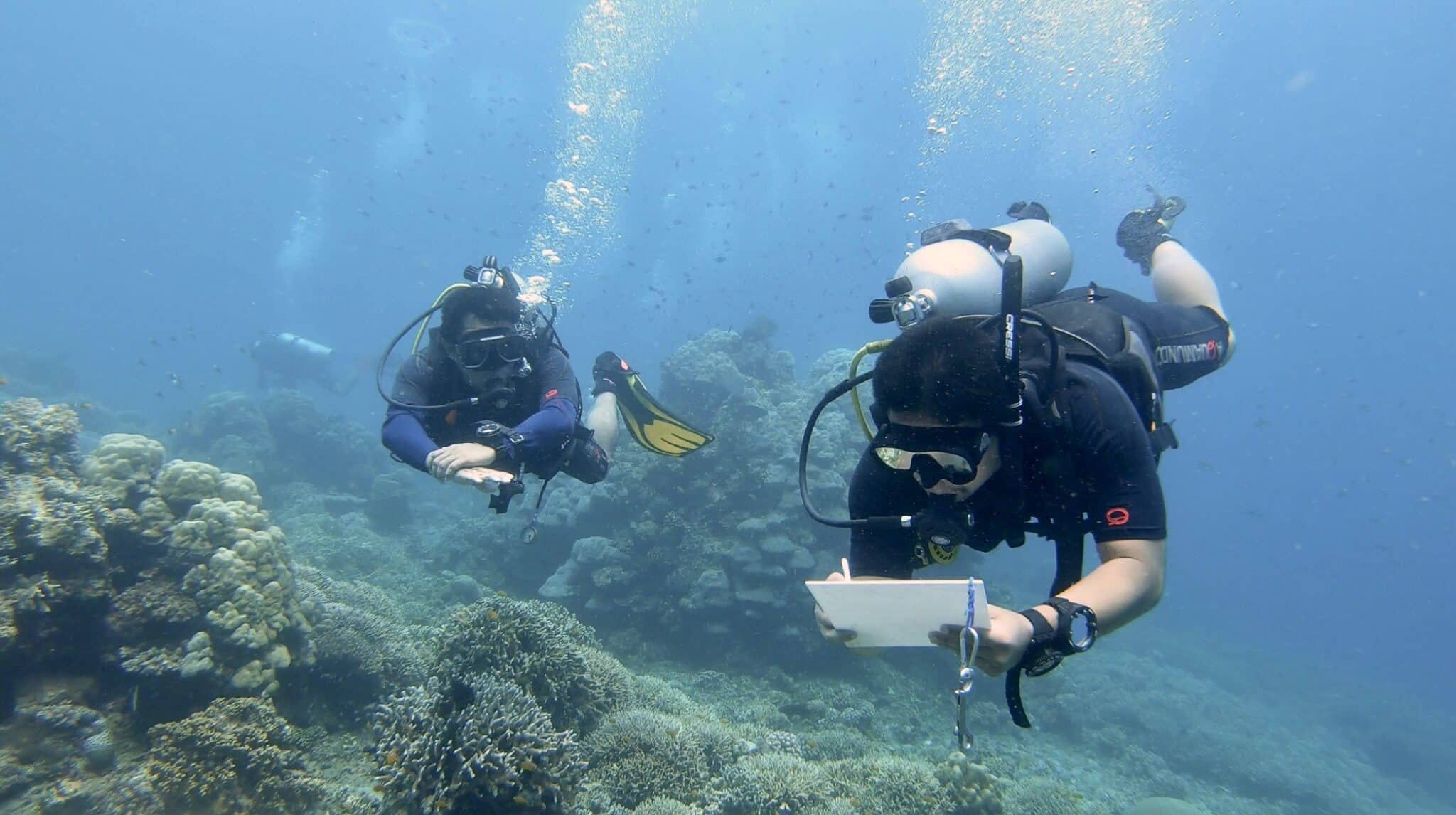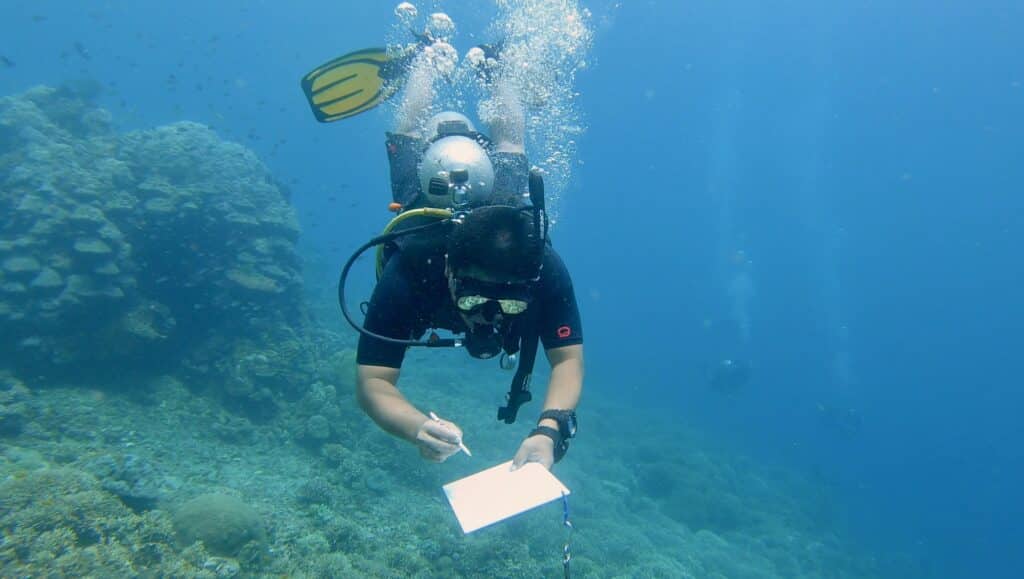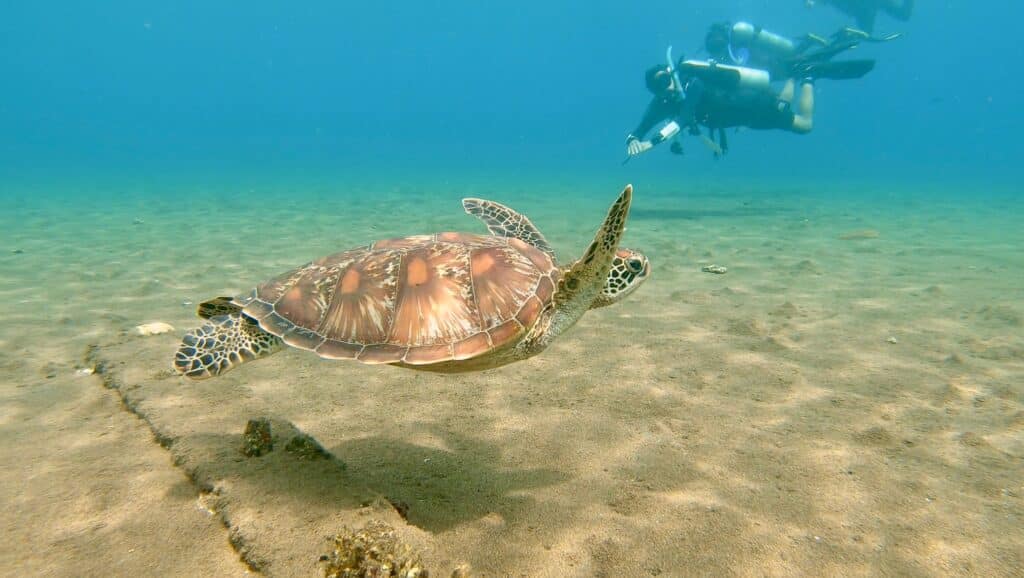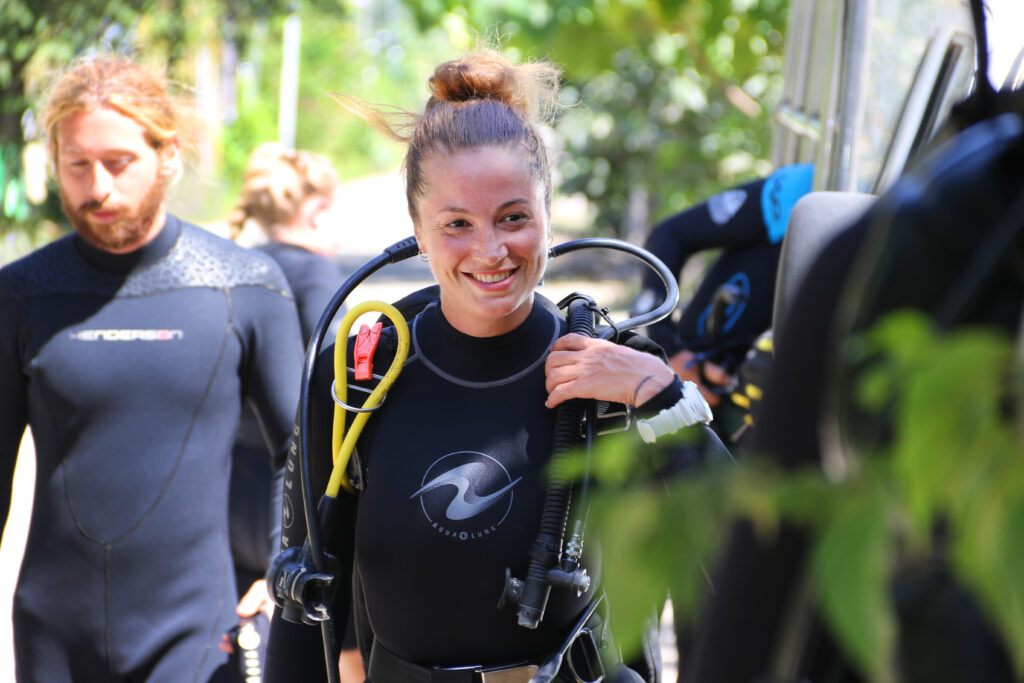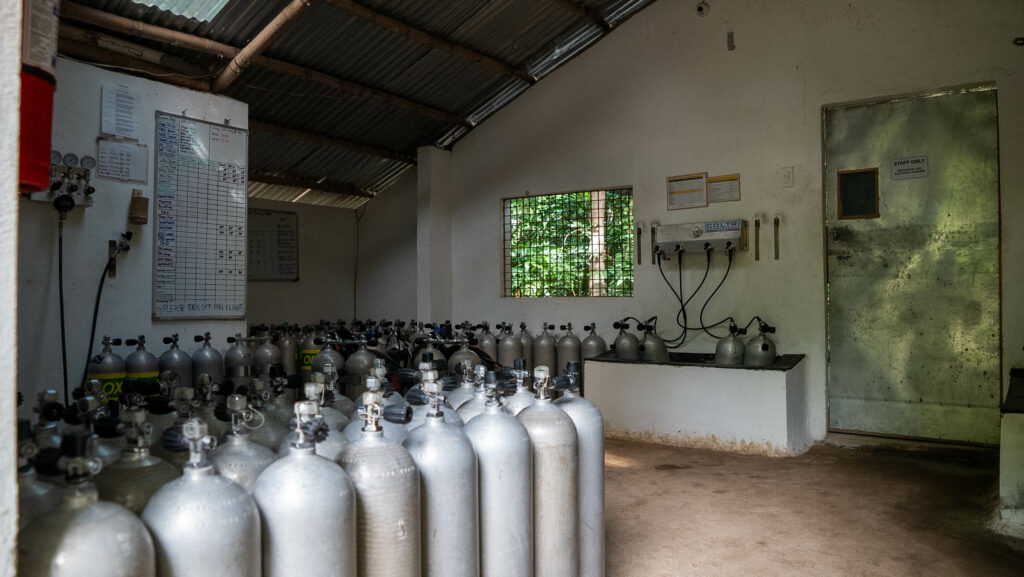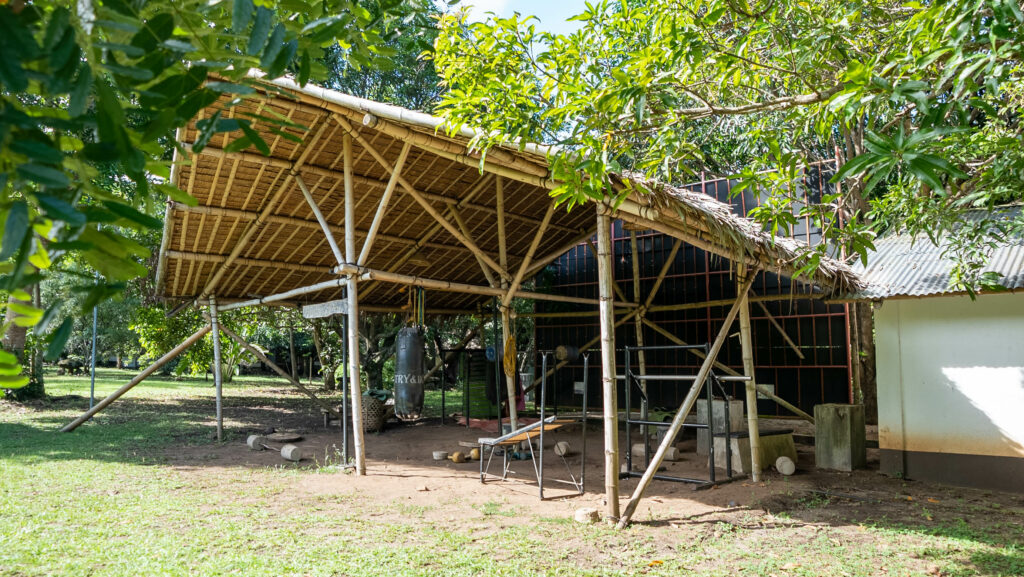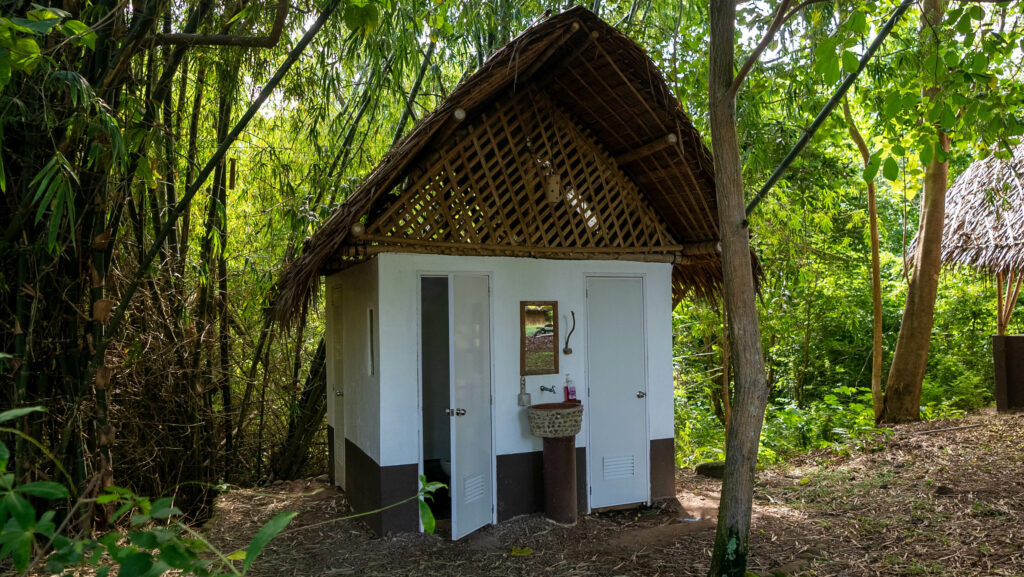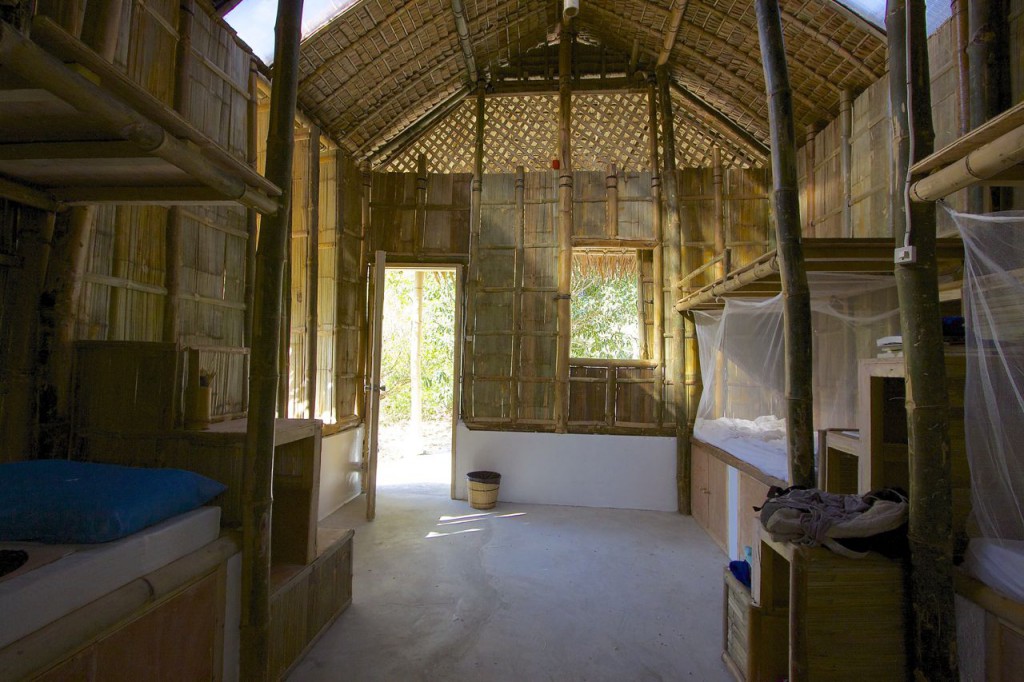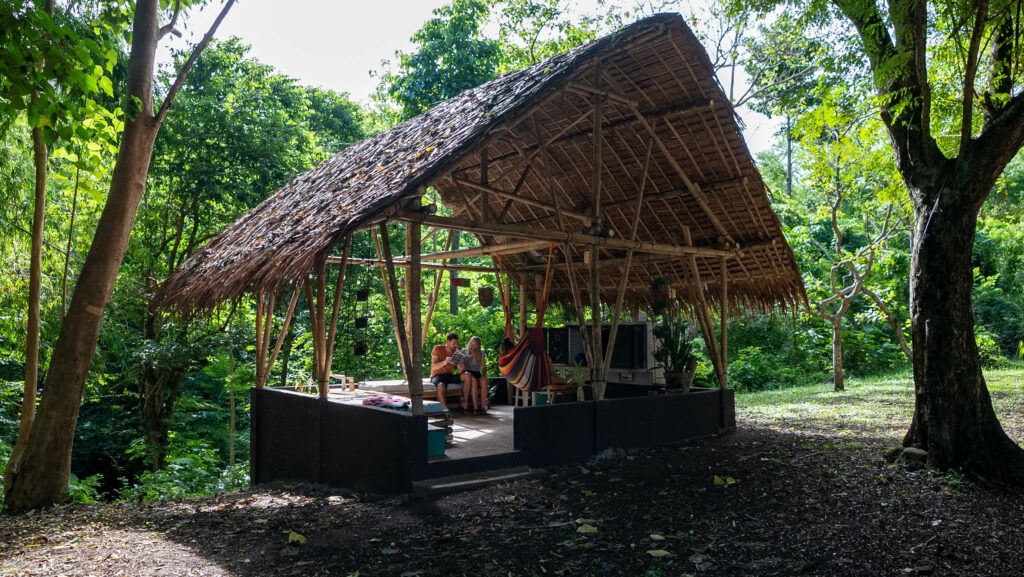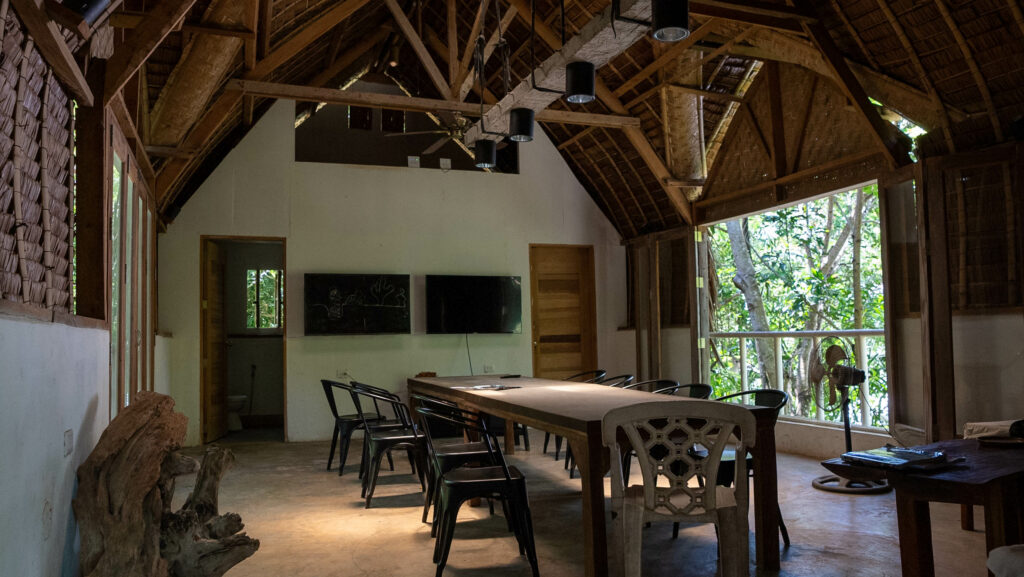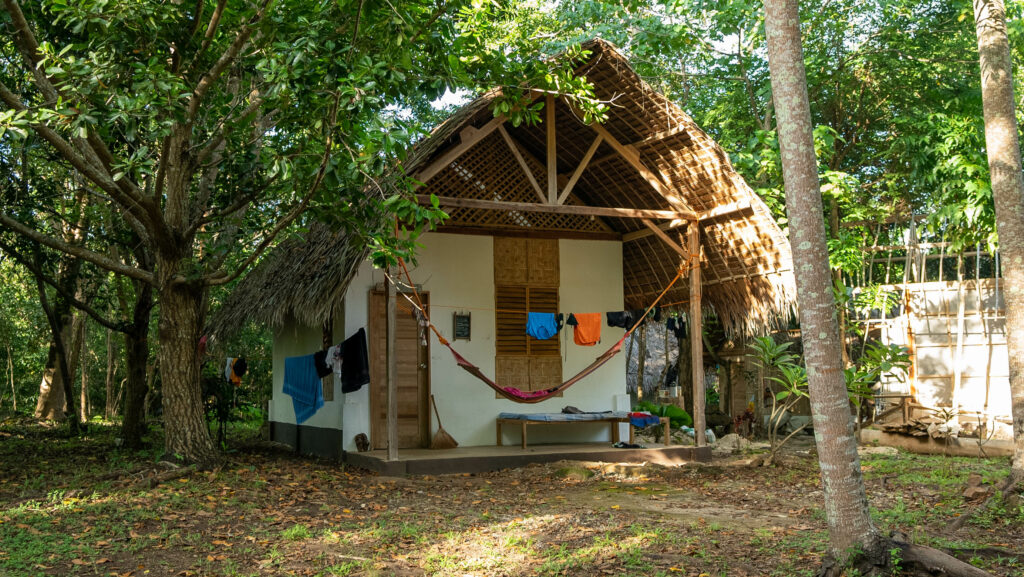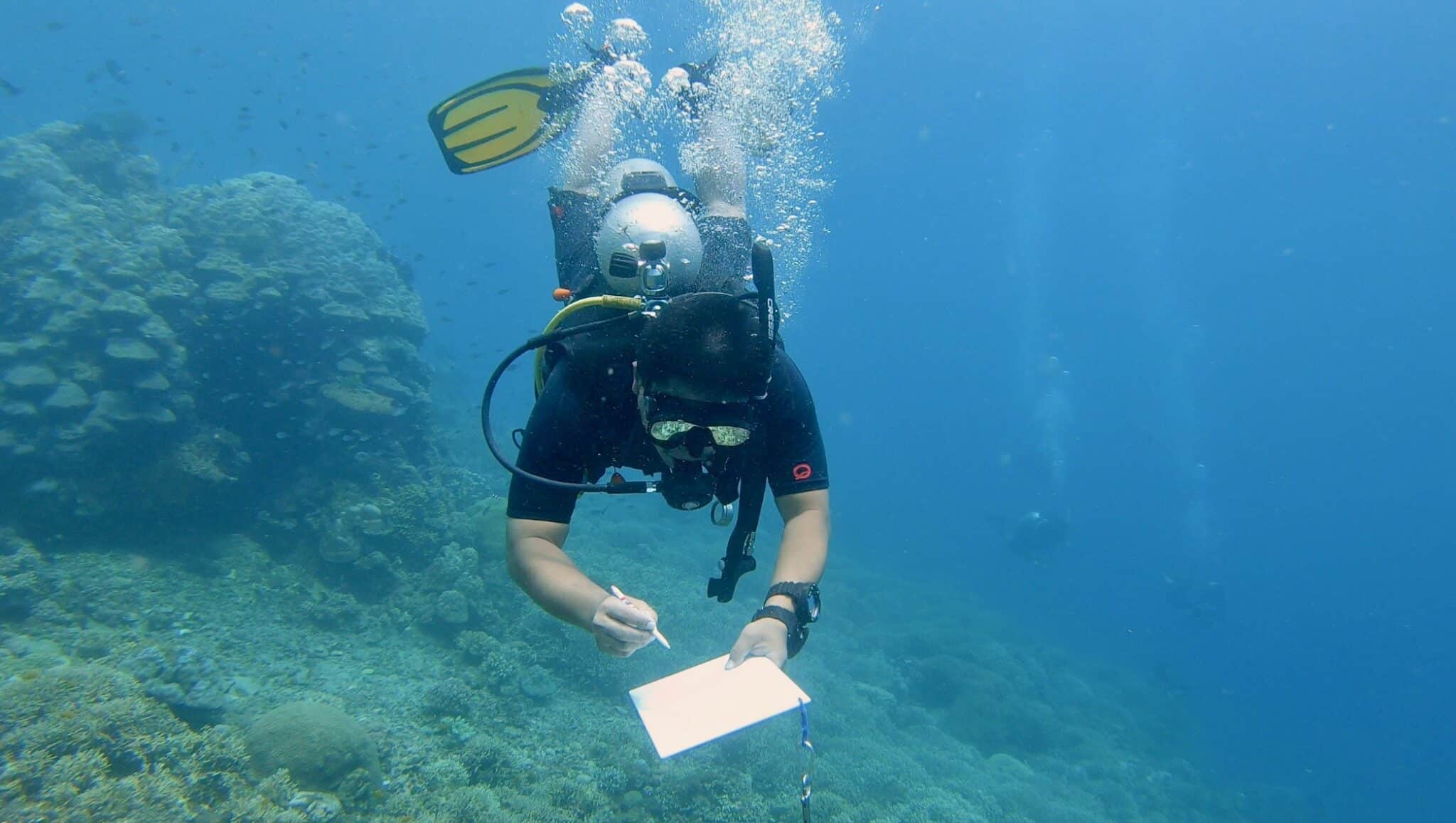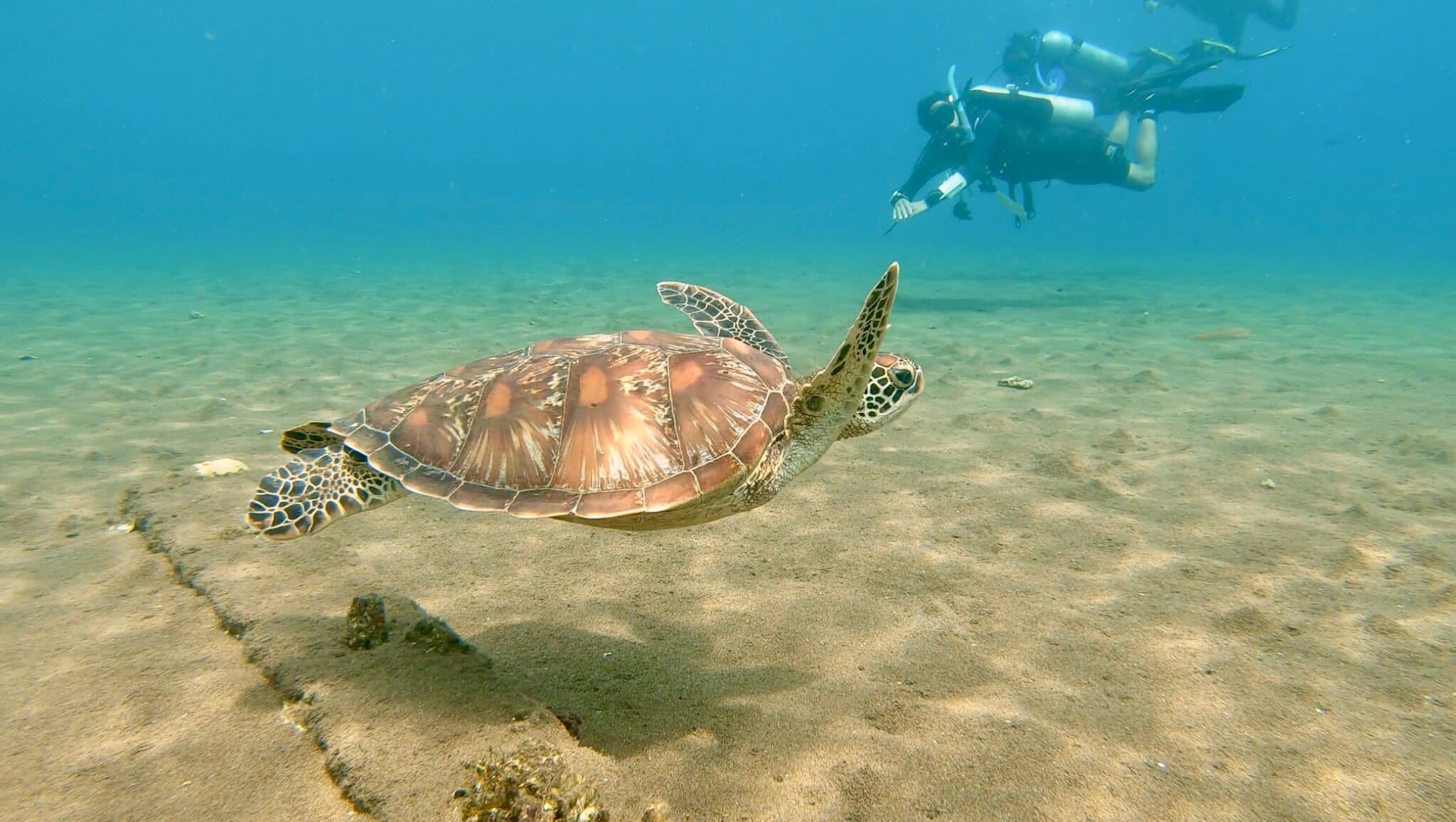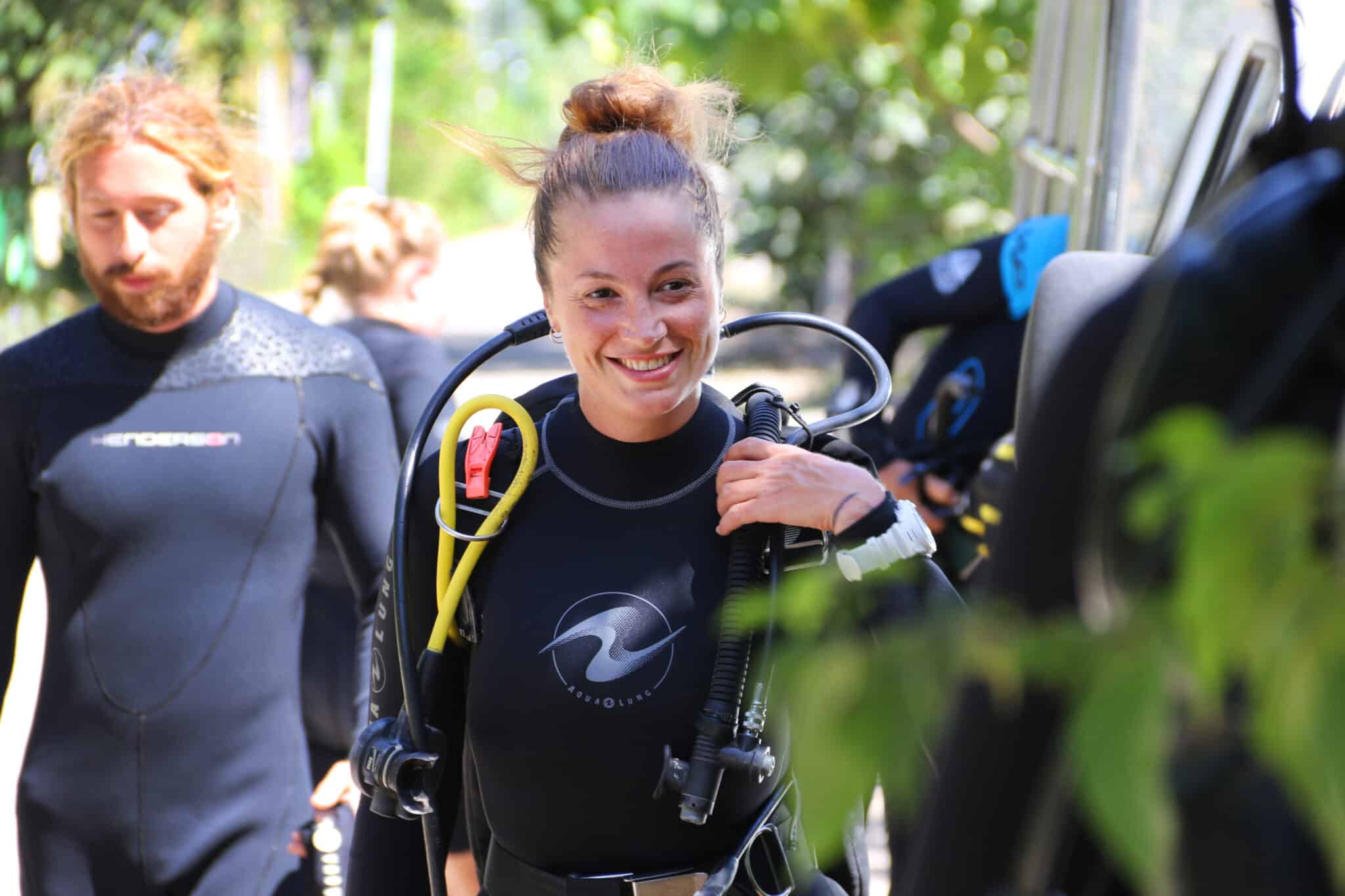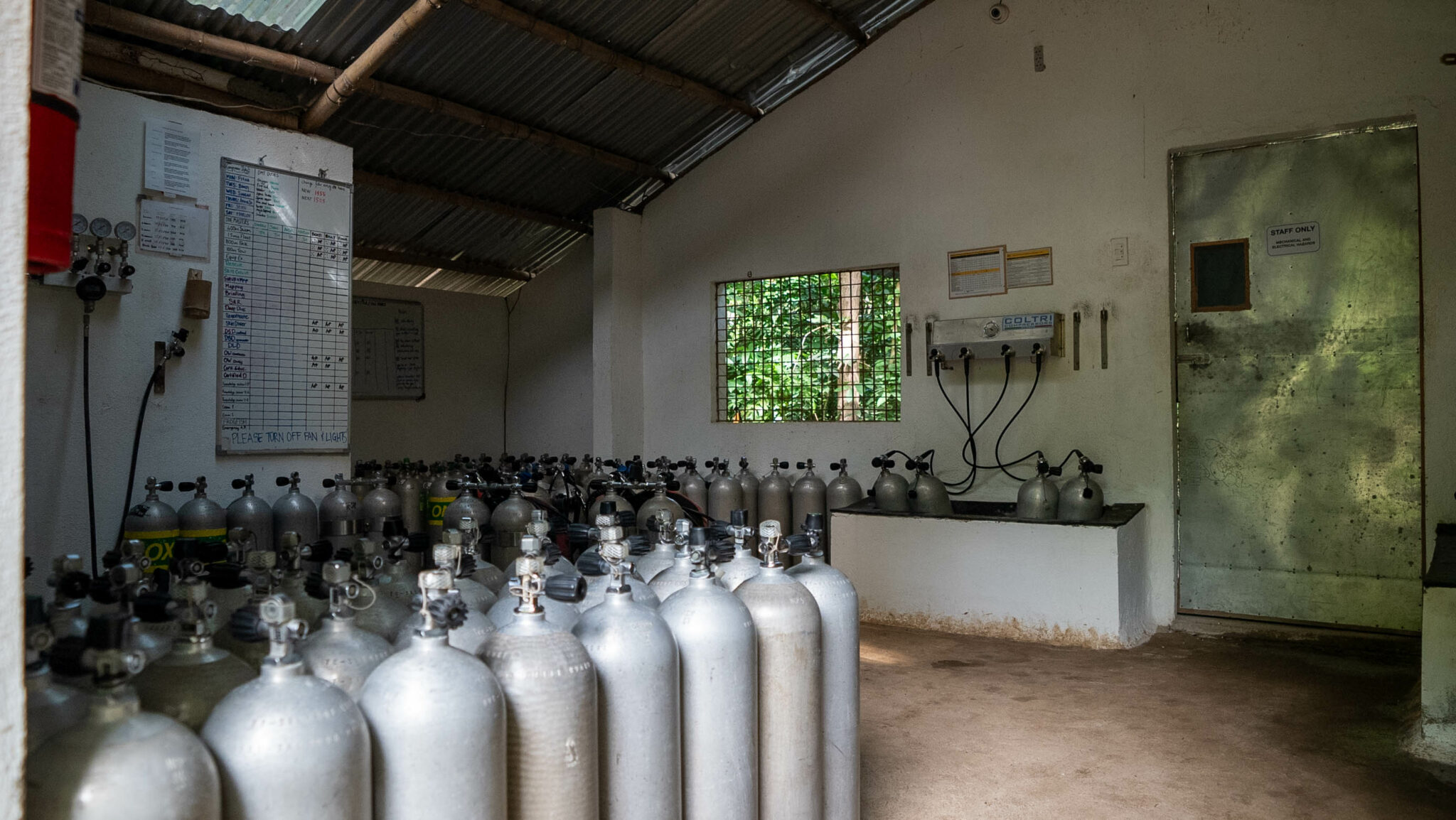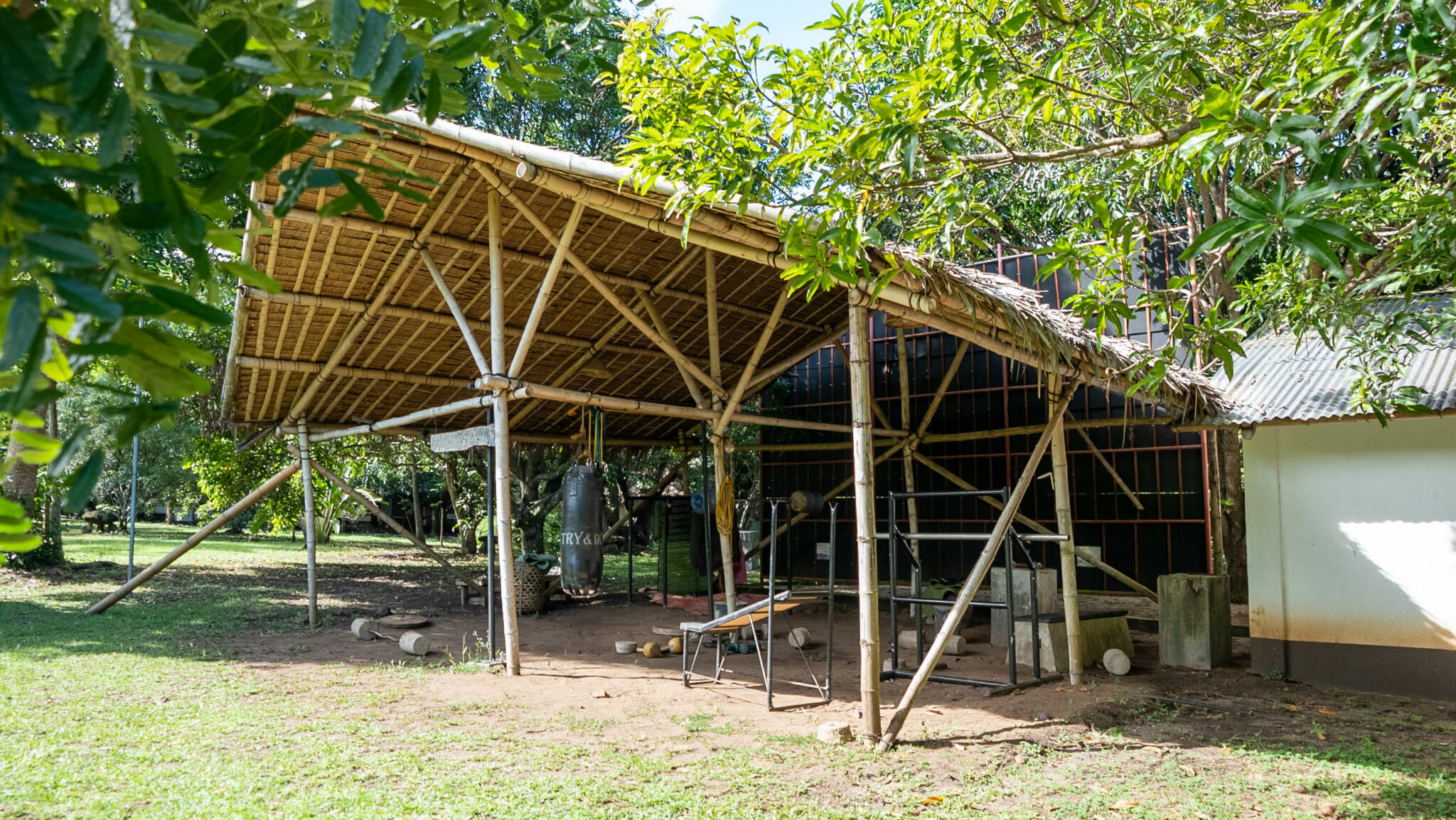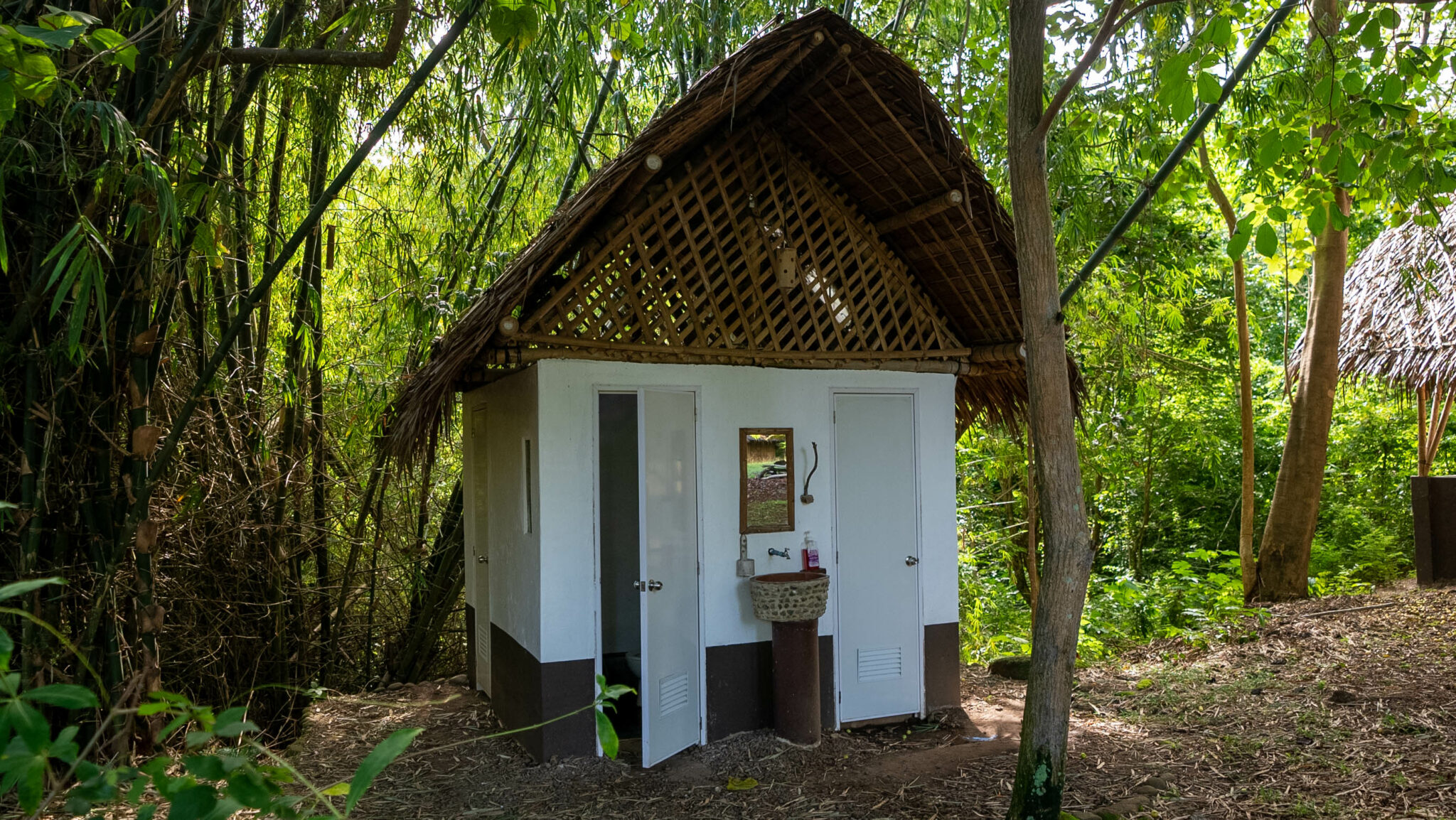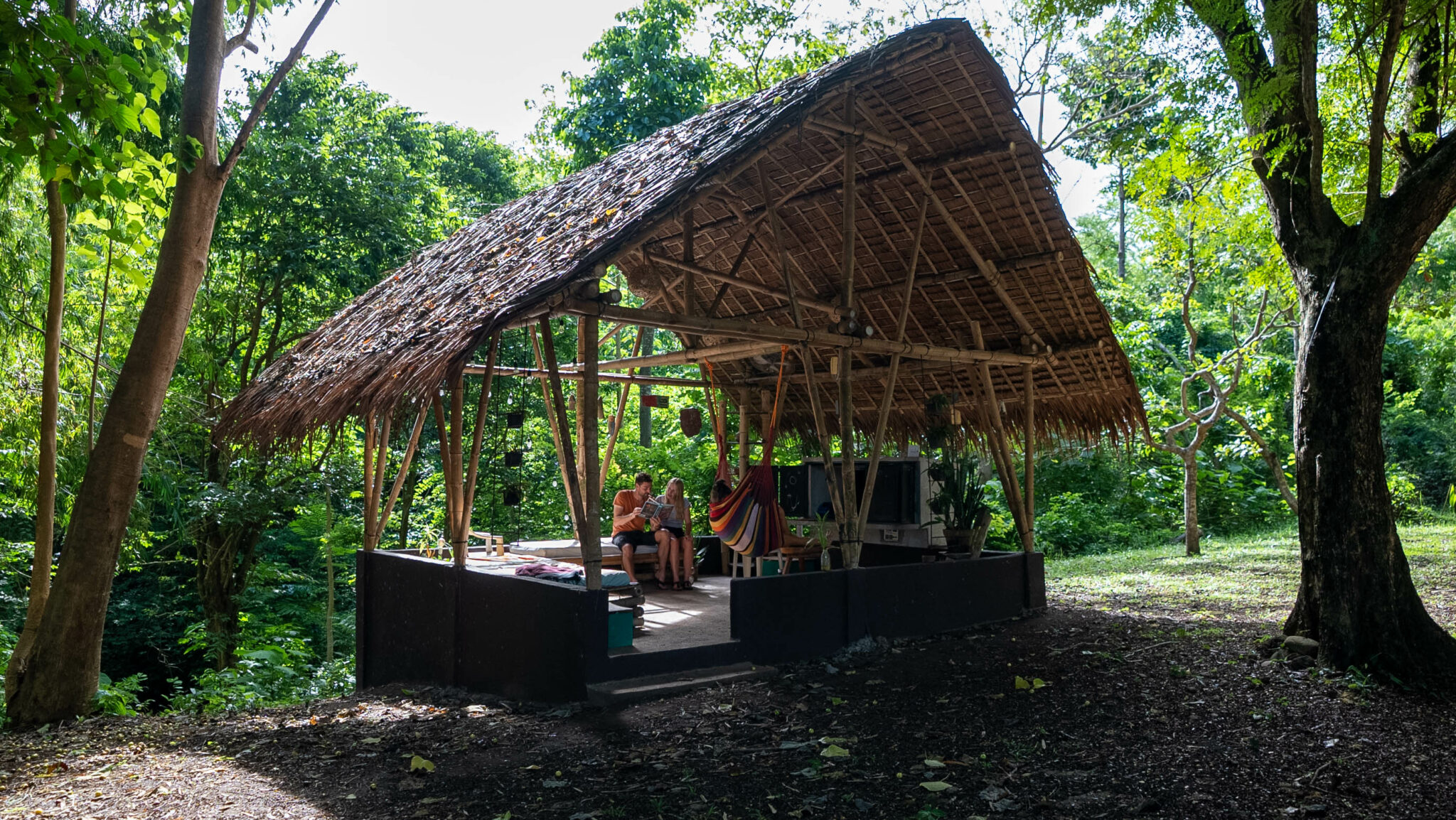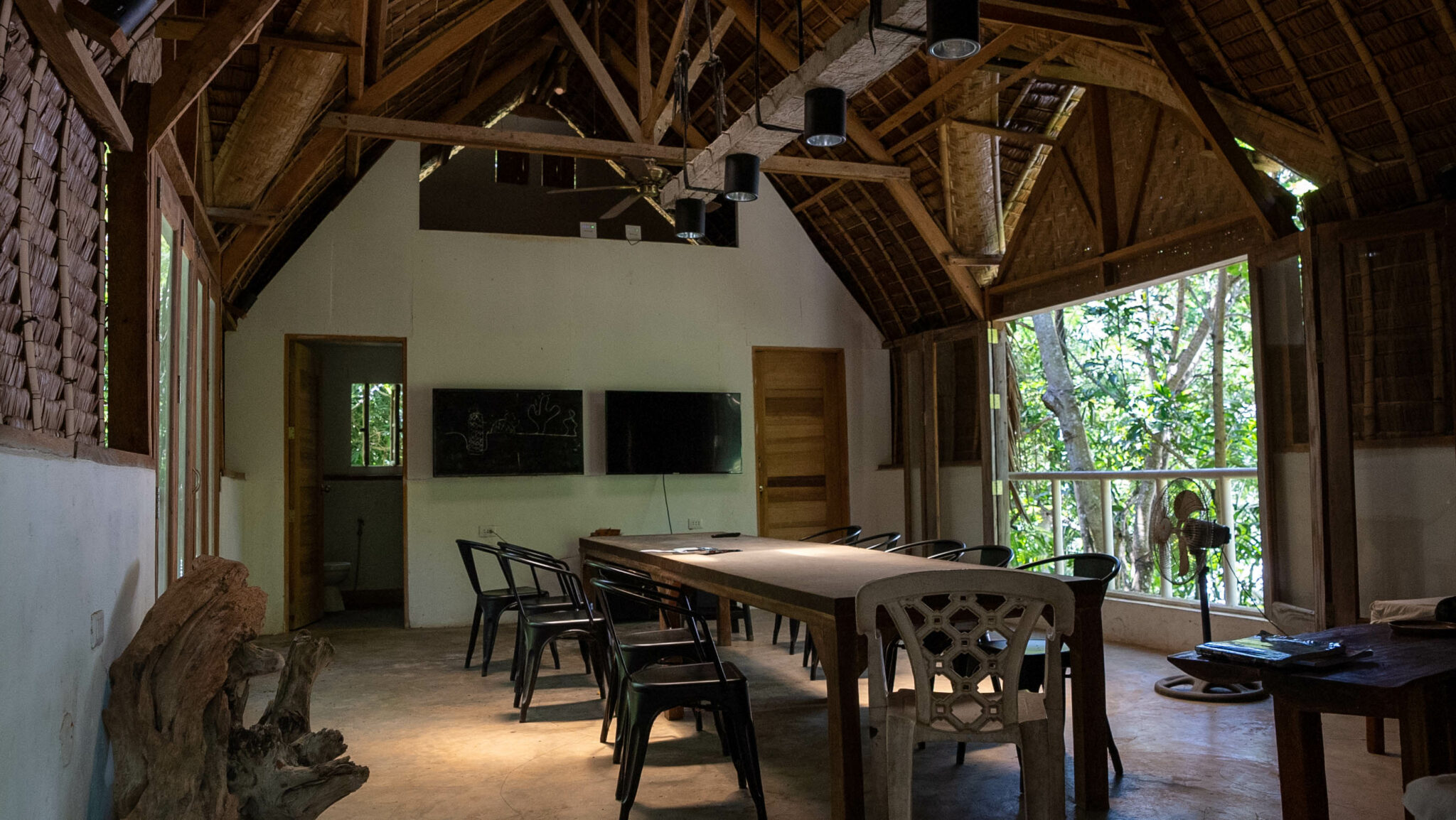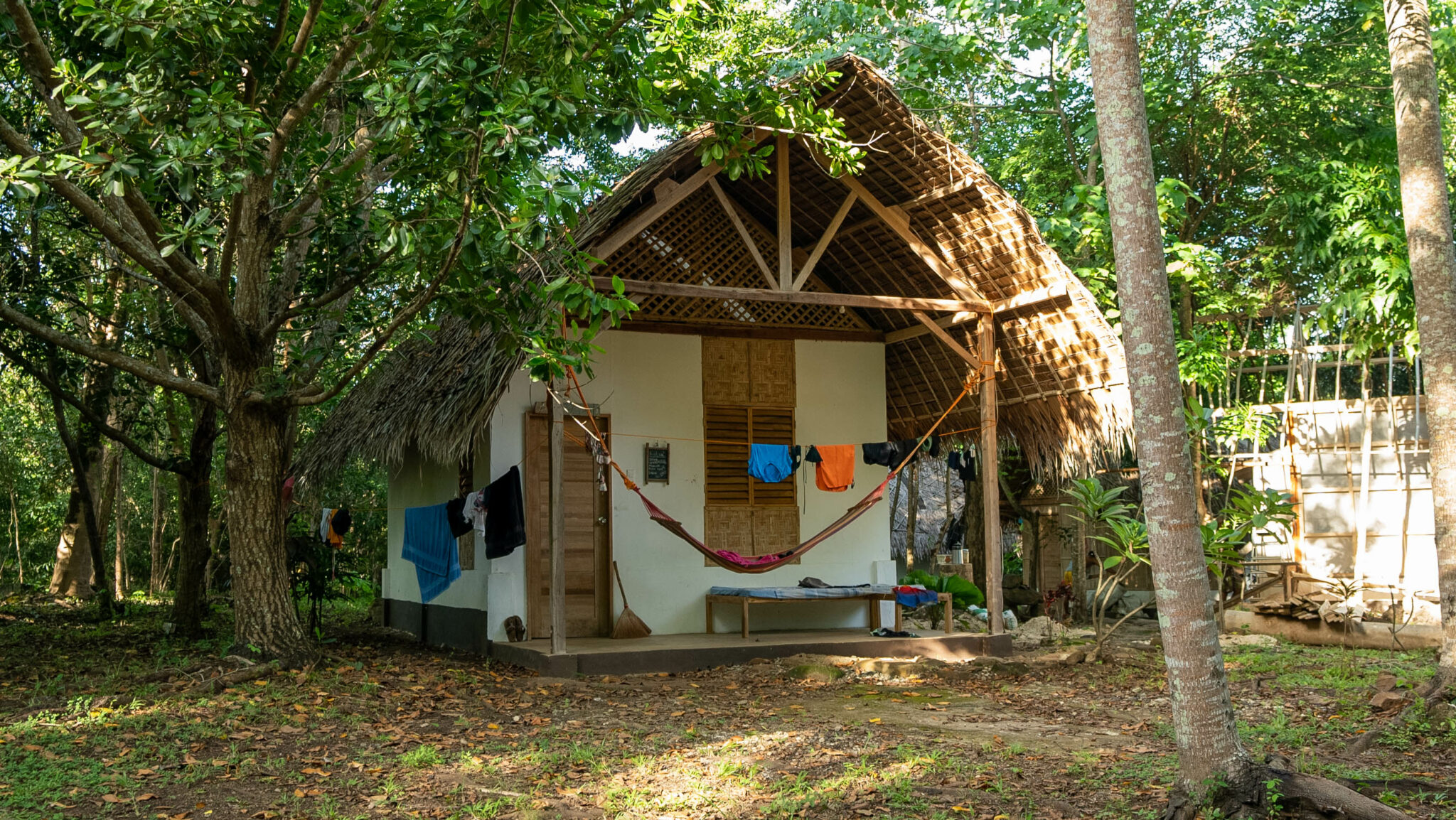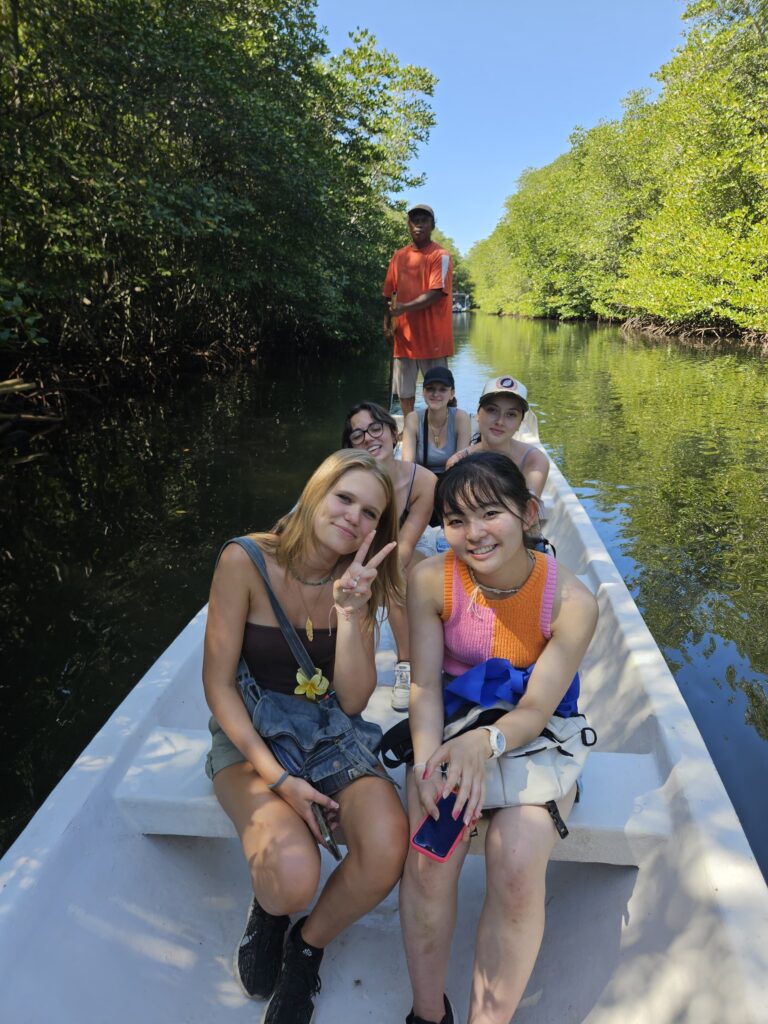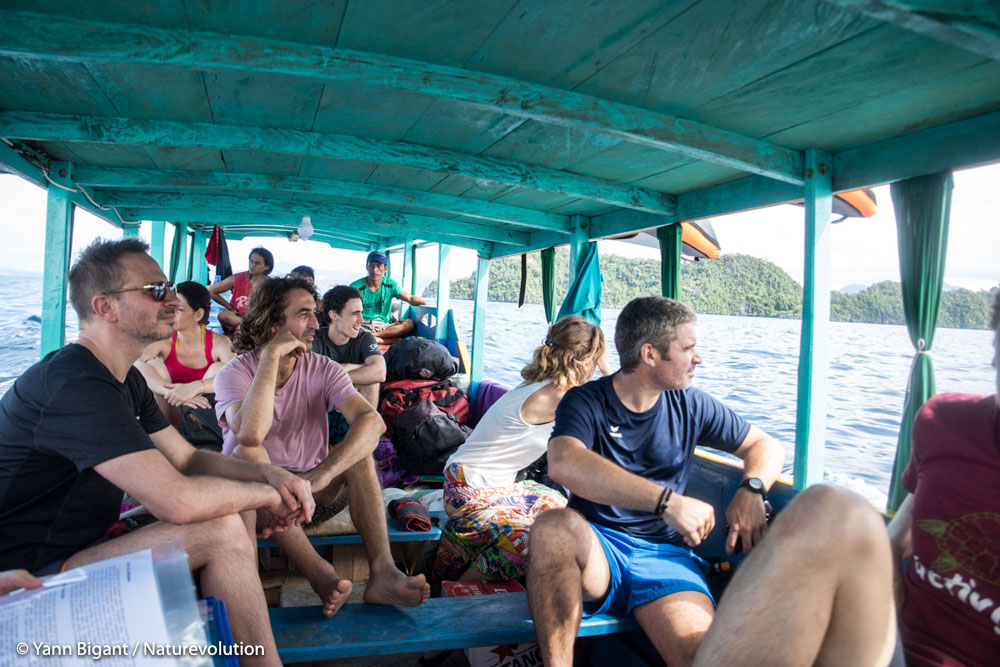Get involved in a marine conservation and coral protection project in the Philippines. Take part in a scientific program and environmental awareness campaigns. Ecovolunteer missions in Southeast Asia.
Protecting the marine environment in the Philippines
The partner association (Marine Conservation Philippines) is an NGO located in the Visayas region of the Philippines. Its mission is to protect marine flora and fauna, including coral reefs and mangroves. The Philippines lies at the center of what is known as the Coral Triangle. This area, which includes Malaysia (on the Borneo side), Indonesia, the Philippines and the Solomon Islands, is the epicenter of the planet's marine biodiversity.
The Philippines, in the middle of the coral triangle
The Philippines are home to 7,000 islands. They are home to more coastal reefs than anywhere else in the world! Our partner NGO works to preserve fragile marine habitats such as coral reefs and mangroves, while helping to improve the quality of life of fishermen.
The local community is integrated
The team is made up of biologists and volunteers, and works in liaison with the Bureau of Fisheries and Aquatic Resources, the Ministry of Natural Resources and a number of European universities. It carries out scientific studies on marine environments, while at the same time being involved in the local community, particularly with young people, through an environmental awareness program.
Most activities are scuba diving
Ecovolunteers join a team of marine biologists, scientists, teachers and diving instructors, and help solve the myriad of problems and issues facing the oceans today. Participation in the program involves a wide range of scuba diving activities.
The work of ecovolunteers with the NGO
Volunteers do not need to be qualified divers before starting. They can learn to scuba dive as part of the program. If you are not already a certified diver, you will start by obtaining a license through the PADI system.
Scuba diving skills
You'll be working on fragile coral reefs, which requires good diving skills. Training dives will be offered until you have acquired the right reflexes. Volunteers usually take one or two courses. Those who commit to ten weeks or more take several. In some cases, volunteers can complete their master diver training. Please note, however, that the association is not a commercial diving center, and that the people involved are there for the conservation of the marine environment.
The tasks performed by most volunteers are :
- Participation in two daily scientific dives from Monday to Friday. On Saturdays, you can explore new sites or dive for pleasure.
- Kitchen service (you get one day a week to set the table and wash the dishes - cooks do the real magic).
- Maintenance of mangroves and participation in replanting efforts where possible.
- An afternoon snorkeling survey of the seagrass beds.
- Helping to clean up the reefs and beaches (plastic waste), once a week.
- Cleaning your diving equipment.
- Help in preparing awareness-raising activities.
- During school terms, you can help teach classes with our staff (we'll teach you how!) in local schools.
- Cleaning of base and own bungalow every Monday.
A typical day as a volunteer
The day starts at around 7 a.m. with breakfast. Afterwards, some volunteers will take diving lessons, others will take part in marine research, underwater clean-ups or community work. What you do will depend largely on your progress through the program and your personal preferences.
Lunch is between 1 and 2 pm. If you're working away from base, you'll eat at a local market. After lunch, you'll enter data on the computers or do other basic work.
Evenings are varied. Sometimes you'll be busy analyzing data collected on dives or studying for your next diving course, but often you'll just want to relax and unwind with other volunteers.
Sunday off
If you'd like to take a day off, just let the association members know. Sunday is always a day of rest. No volunteers are allowed to dive, except in unusual circumstances. This is for two reasons: firstly, it's important to take breaks to avoid building up gas in your body, which could lead to symptoms of decompression sickness (known in the diving industry as "friday bends"). Secondly, the team is keen to give its staff a day off.
- Weeks 1 to 12: $500 per week (approx. €460)
- Weeks 13 to 16: $400 per week (approx. €369)
- Weeks 17 to 20: $300 per week (approx. €275)
- Weeks 21 to 24: Free
Included in price
- Housing ;
- 3 meals a day ;
- Diving equipment ;
- Entrances to the marine park ;
- Participation in activities ;
- Diving course fees, except for PADI certification ($85).
Not included in price
- Airline tickets ;
- Travel insurance ;
- Personal effects.
- Intermediate level of English ;
- From 18 years ;
- From 6 to 24 weeks ;
- Year-round ;
- Par of necessary skills - must pass PADI certification if required ;
- Good physical condition ;
- Internships available for those with marine conservation experience.
Arrivals
- Arrivals on Mondays
- The team picks you up at Dumaguete airport
Housing
The accommodation is charming, made of bamboo, but spartan. It is in dormitories, with shared bathrooms. A closet is available for volunteers. Each bed has a mosquito net and each dormitory has a fan.
Meals
The team eats breakfast together at 7 a.m. and dinner at 7 p.m. Some people choose to prepare their own breakfast, which is possible before 7am. The kitchen is open. If you prepare your own breakfast, you'll need to clean the pots and pans immediately afterwards (and not the dive team). Meals are mainly vegetarian. Meat is served on Saturday evenings. The project has its own chicken coop!
Water, tea and coffee are available free of charge.
Almost everything is solar-powered, including the wifi.
Climate and clothing
Hot, humid climate. Dress lightly, covering your shoulders. The driest months are November to June. Although not compulsory, it's a good idea to bring a long-sleeved rashguard to protect you from the sun.
There's an open-air gym in the jungle and the botanical garden covers over ten hectares. That's plenty of room for adventure! At weekends, you can explore the surrounding area. You can drive around - there are caves, waterfalls, geothermal springs, mountain lakes, resorts and much more to discover! There are nearby islands where you can visit black wizards (yes, really!) or dive off cliffs into incredible azure-blue lagoons. Or you can simply go to a nice seaside resort, relax in a hammock and enjoy a pool and milkshakes.
All reviews about Marine Conservation Philippines

About the NGO
Marine Conservation Philippines (MCP) is an NGO dedicated to the preservation and protection of coastal resources in the Philippines through education, volunteerism and research. The NGO involves local communities and political decision-makers in its actions. It strives to find solutions that will benefit both man and nature in the long term. It uses science to understand how marine ecosystems are affected. It then proposes means of action to reduce anthropic pressure and develop a sustainable future for the Filipino people and their environment.

